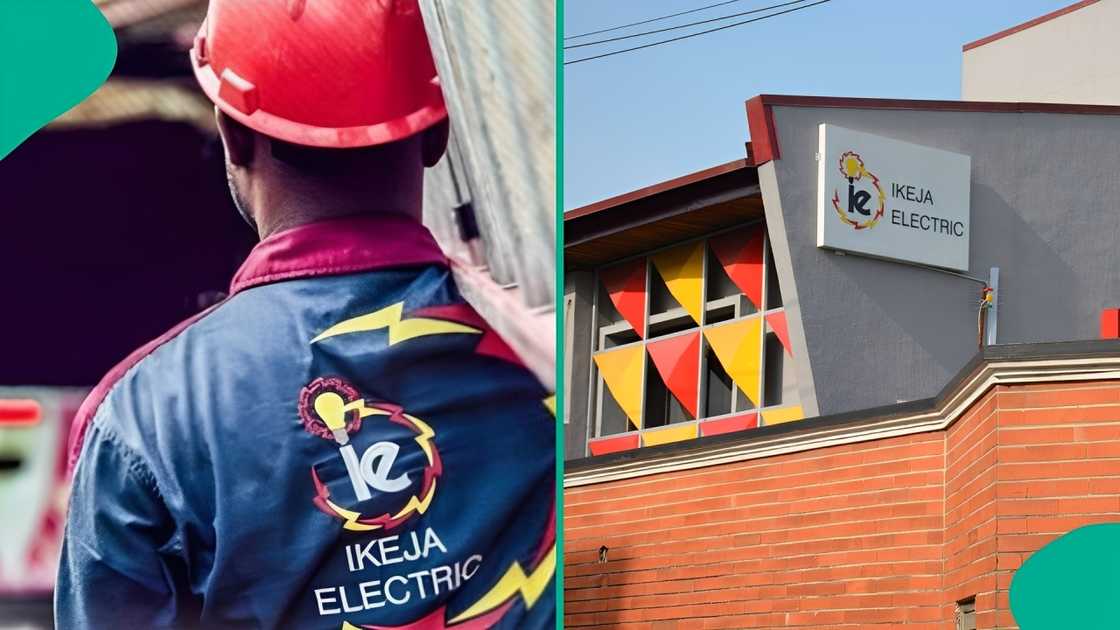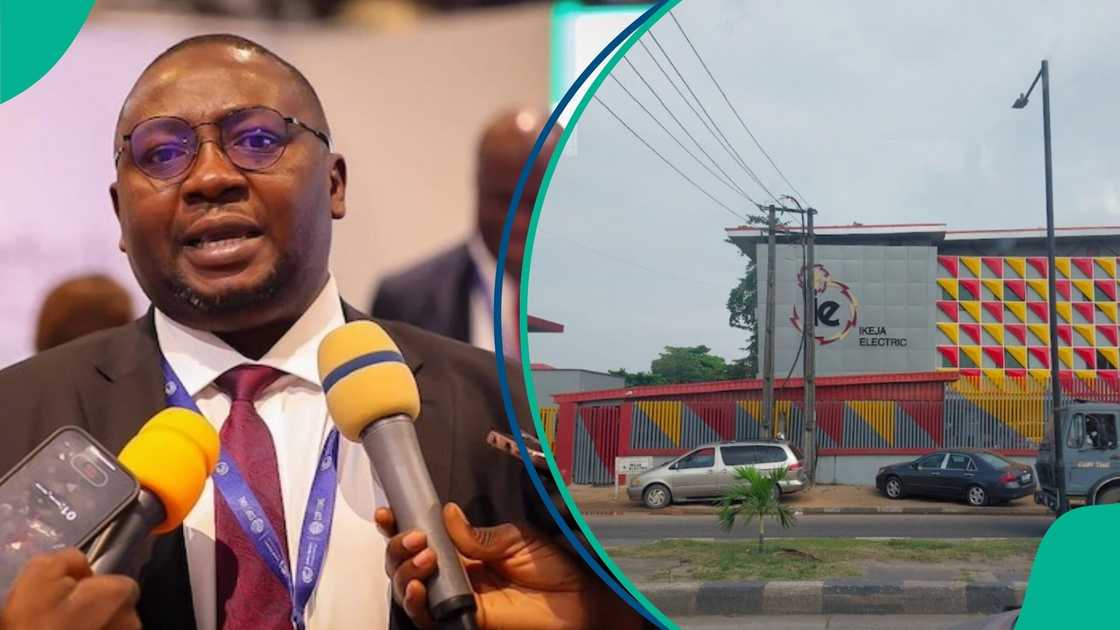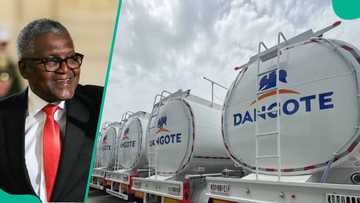‘Millions of Nigerians Pay for Darkness’: Analyst Reacts to Power Sector Receivership Crisis
- Policy analyst Lekan Olayiwola has described the 2025 takeover of power firms as exposing structural tensions
- In his analysis shared with Legit.ng, he warned that stalled electricity supply could have consequences far beyond corporate boardrooms
- He further made calls for reforms that place public dignity at the centre of Nigeria’s energy future
The ongoing receivership of key Nigerian electricity distribution and generation companies is putting the country’s privatisation model under fresh scrutiny, with implications for millions without a stable power supply.

Source: Twitter
As Legit.ng earlier reported, a Lagos court granted orders placing Ikeja Electric, Egbin Power Plc, and First Independent Power Ltd (FIPL) under receivership following disputes involving FBN Holdings. The affected companies, however, have denied being in receivership, describing the reports as misleading.
Public-facing policy analyst and peace researcher Lekan Olayiwola told Legit.ng the situation goes far beyond a legal or financial process.
“For ordinary Nigerians, it’s not a financial restructuring. It’s another missed income,” Olayiwola said, offering the example of a Lagos tailor forced to sit idle in the dark after bank lawyers froze the accounts of her local electricity distributor.
He cautioned against oversimplifying the crisis:
“Still, the narrative that Nigeria ‘lights up neighbours while plunging its people in darkness’ oversimplifies a complex reality."
“Nigeria exports power under regional arrangements, but domestic shortfalls typically prompt export caps. Unpaid bills are common, and exports are opportunistic, not structural drains. The real subsidy is internal: millions of Nigerians pay for darkness.”
According to him, the receivership “signals a crisis of legitimacy in the privatisation model” and risks turning electricity from a public service into “a tradable asset, not a public good.”
Olayiwola traced the roots of the problem to the 2013 privatisation, which was largely financed by commercial loans at high interest rates.
“By 2015, tariff politics had stalled cost-reflective pricing. Government quietly absorbed debts, effectively subsidising banks rather than households,” he explained.
“The receiverships of 2025 are not a surprise; they are the logical end of a model that treated electricity as a tradable asset.”
He stressed that “running electricity as bank collateral is a financial manoeuvre, not a civic solution; that is, if we believe electricity is a strategic national asset rather than a shareholder investment.”

Source: Twitter
Why Nigeria’s power crisis demands dignity-centred reform
Drawing from global examples, Olayiwola noted that while many European countries operate liberalised energy markets, they also have strong consumer protections and targeted subsidies to combat energy poverty. In contrast, Nigeria’s weak regulatory enforcement leaves consumers “invisible” when creditors take control.
“Receivership prioritizes creditors over citizens. In a country where over 85 million people lack stable electricity, this shift is not just technical; it is a moral and civic abdication,” he declared.
He pointed to Kenya, Rwanda, and Morocco as African examples where electrification has been treated as a national development priority, financed through public capital, concessional loans, and structured partnerships. He also cited Brazil, Indonesia, and Colombia, where electricity access has been linked to rural development, peacebuilding, and civic inclusion.
“These examples show that electricity can be more than infrastructure. It can be a tool of inclusion, peacebuilding, and legitimacy, if only the state commits patiently and persistently,” he noted.
For Nigeria, Olayiwola called for “dignity-centred reform” that would legally codify minimum service obligations, protect vulnerable households with progressive tariffs, and expand decentralised solutions such as mini-grids.
“Many DISCO acquisitions were driven by political patronage and financial positioning, not operational expertise. And banks, now in control, have no public service mandate. Without aggressive regulatory intervention, receivership will entrench extractive revenue collection, not network investment. The grid will remain a ledger, not a lifeline,” he warned.
Lagos faces 25-day planned power outage
Legit.ng earlier reported that Lagos residents will face daily power cuts from July 28 to August 21, as TCN conducts maintenance on the Omotosho–Ikeja West line.
Ikeja Electric and EKEDC said the planned outage will run from 8 a.m. to 5 p.m. daily, affecting homes and businesses across their service areas.
Both companies apologised for the inconvenience and urged understanding, noting that the repairs are critical to improve the electricity supply and prevent future network disruptions.
Source: Legit.ng





